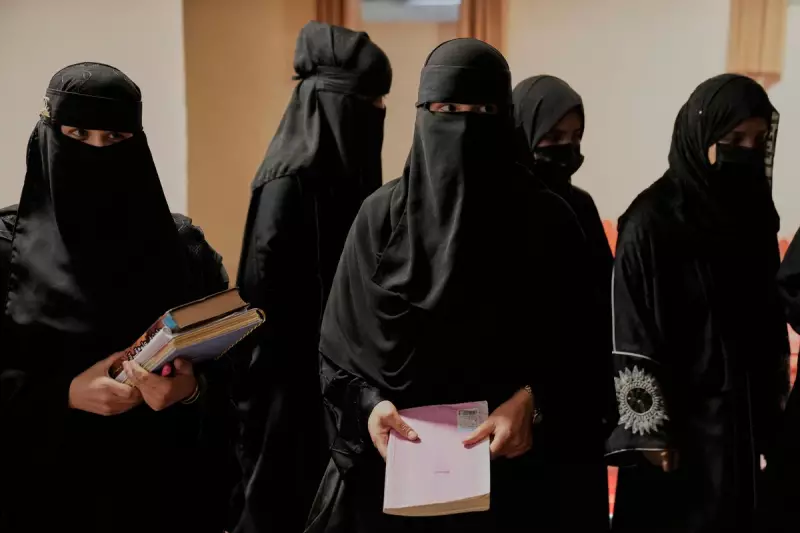
The Taliban's establishment of Islamic courts across Afghanistan has sparked intense debate over the nature of justice under their rule. These courts, operating under strict Sharia law, are now the primary legal system in the country, replacing the previous judiciary framework.
How the Taliban's Courts Operate
Reports indicate that the Taliban's courts are handling a wide range of cases, from minor disputes to criminal matters. The proceedings are often swift, with verdicts based on the group's interpretation of Islamic law.
Concerns Over Human Rights
Human rights organisations have raised alarms about the lack of due process and fair trials in these courts. Critics argue that the system disproportionately targets women and minority groups, with harsh punishments frequently imposed.
Public Reaction in Afghanistan
While some Afghans view these courts as a return to traditional Islamic justice, others fear they represent a tool of oppression. The absence of legal representation and appeals processes has left many vulnerable to arbitrary rulings.
International Response
The international community continues to monitor the situation closely, with many Western nations refusing to recognise the Taliban's judicial system. The UN has called for greater transparency and adherence to international human rights standards.





